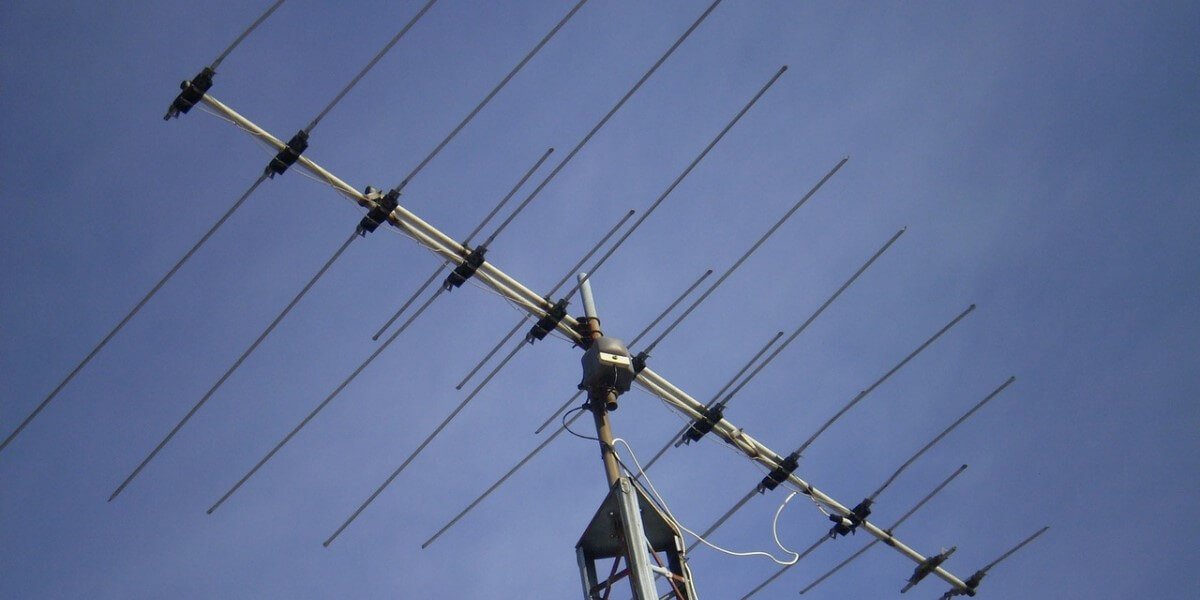Before you buy your antenne tv, you should have information to help you make the right decision and installation when purchasing an antenna.
Most homeowners worldwide have televisions that depend on cable, antenna, or satellite to receive signals.
What do you know about antennas? Shopping for your TV antenna leaves you with many options on the market. We have numerous antennas that function differently and come in different shapes or designs.
Features of TV Antenna
In most countries of the world, analog programming has been replaced with digital programming.
- You can get reception of HDTV channels with the digital programming on your television.
- However, when you buy a TV antenna, you still have to buy what we call the DTV converter box. This box’s function is to offer users more channels, better sound quality, and high picture quality.
- It will help if you consider the strength of any TV antenna before you buy it. That will help make some choices.
- For instance, huge antennas can interfere with your signals. For less powerful antennas, they might not be able to receive signals.
- Challenges can arise from the type of building you live in, especially those living close to power lines, valleys, or mountains.
Before you can have a seamless reception signal for your antenna, you should consider some factors.
Things to consider before buying your antenna
- The Size of TV Antenna
The size of your antenna determines how far you can receive signals. If you live far away from your city’s signal tower, it might be challenging to receive a signal. You will need a bigger antenna to receive signals from a distance.
- The VHF channels
Do you want to enjoy the VHF-channels? You should think of installing your antenna outside if you want to receive these channels. For those who can include the UHF/VHF signal joiner, they can receive the rabbit ears. However, you should understand how this works before you embark on the process.
- The Receiving Quality of TV Antenna
You should install your antenna outside if you want to receive better channels. Those using indoor antennas can move the gadget outside if they do not receive better channels.
- The Location of the Local Broadcasters
You should know the location of your local broadcasters before you install your TV antenna. You can receive signals from free channels when you know the locations of the broadcasting towers.
- Omnidirectional or Directional
What do you know about omnidirectional or directional signals? The omnidirectional antennas help owners receive signals in every direction, while the directional antennas receive signals only in one direction.
In Conclusion
To enjoy quality sound production and better picture, you should know more about the antenna you are buying. Do you want to keep the antenna indoors or outdoors? Where is the location of your local broadcasting towers? Which antenna brand should you consider? Which type of antenna do you want to buy? Do you live where the signal blockage is rampant? You should answer these questions before you buy your antenna.

